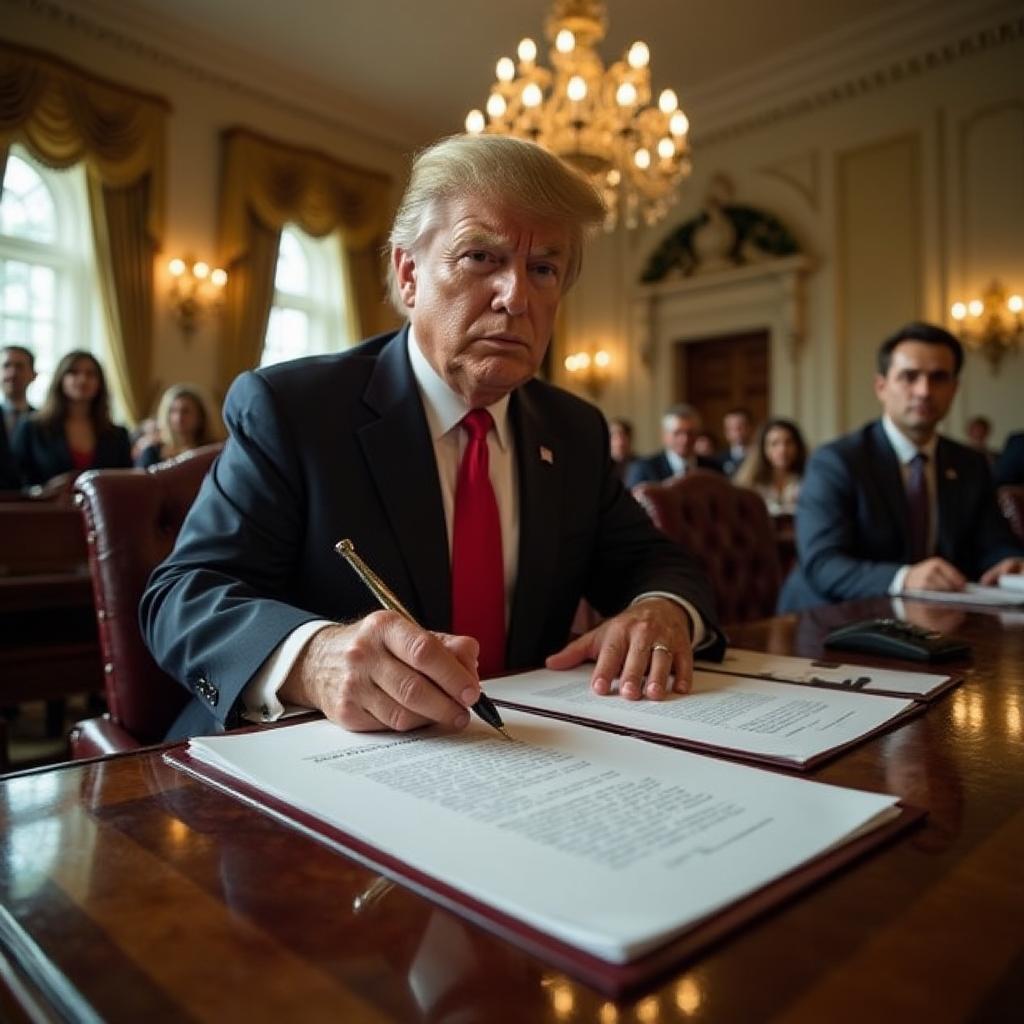
President Trump has just rolled out new tariffs targeting Mexico, Canada, and China, marking a significant shift in trade policy. Signed at his Mar-a-Lago club on Saturday, the tariffs aim to tackle the flow of drugs and undocumented immigrants into the U.S. However, experts warn this move could lead to higher prices for everyday items like avocados, sneakers, and cars.
The tariffs include a hefty 25% duty on most imports from Mexico and Canada, with a smaller 10% tax on Canadian energy products like oil and natural gas. For China, a 10% tariff will be applied to imported goods. Trump cited a national economic emergency to justify the move, invoking the International Emergency Economic Powers Act.
But the decision isn’t sitting well with America’s trading partners. Mexican President Claudia Sheinbaum announced plans for retaliatory tariffs, while Canadian Prime Minister Justin Trudeau promised “far-reaching” measures targeting U.S. goods. China also plans to file a complaint with the World Trade Organization, calling the tariffs a violation of international rules.
The ripple effects could be significant. Analysts predict higher costs for consumers, disrupted supply chains, and potential job losses. Industries like agriculture, energy, and automotive are particularly concerned. For example, U.S. carmakers rely heavily on parts imported from Mexico and Canada, meaning vehicle prices could spike.
Business groups and consumer advocates are sounding the alarm. The U.S. Chamber of Commerce warned that these tariffs will ultimately hurt American families by driving up prices. Meanwhile, the Distilled Spirits Council highlighted the potential impact on imports like tequila and whiskey.
While the Trump administration insists the tariffs are necessary to protect national security, critics argue they could do more harm than good. With Mexico, Canada, and China collectively accounting for 42% of U.S. imports, Americans might soon feel the pinch at the checkout counter.
Stay tuned as this trade drama unfolds.
